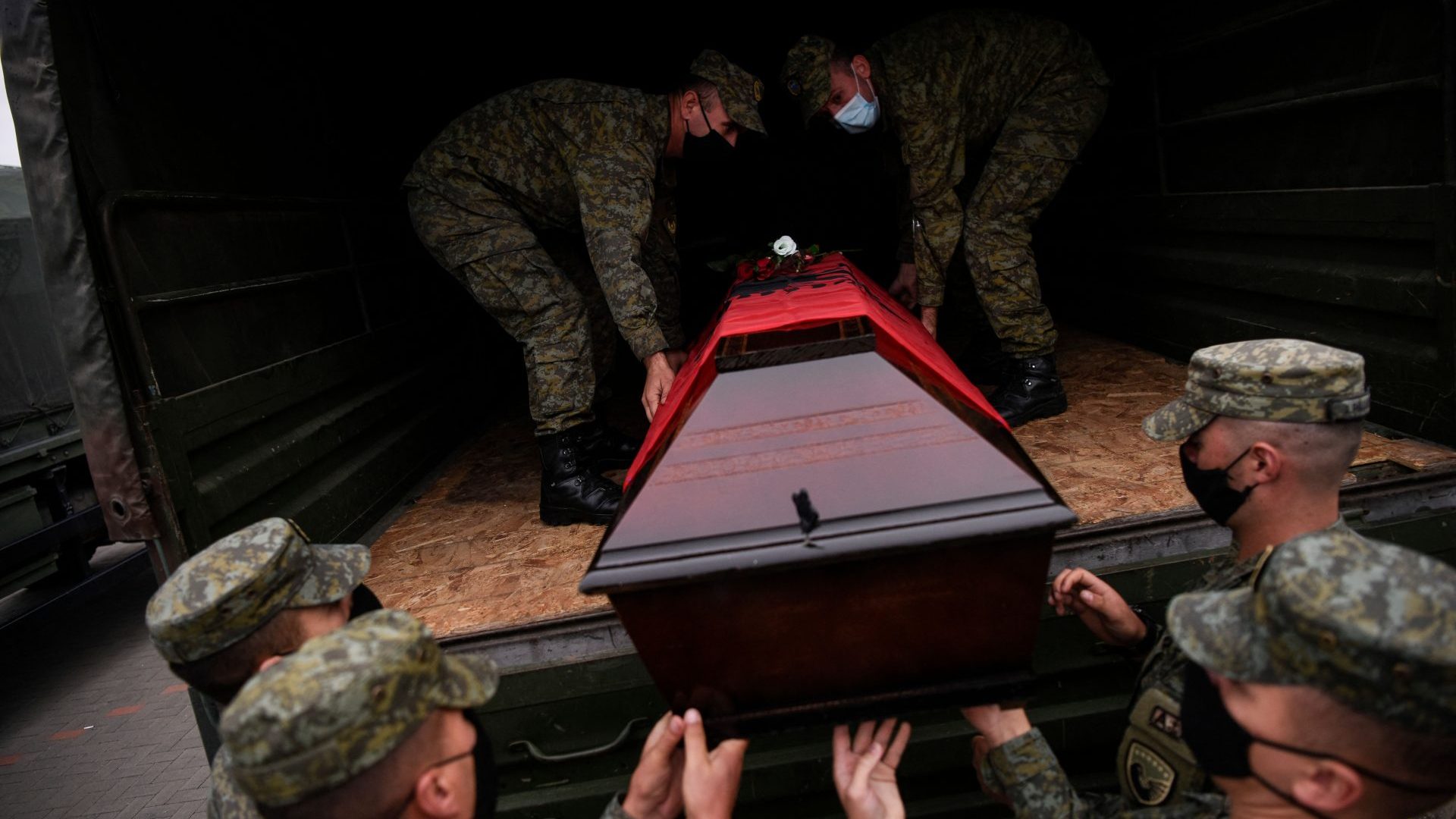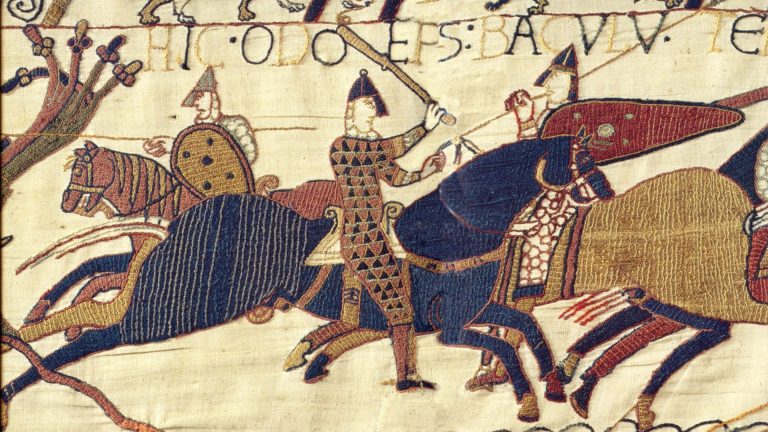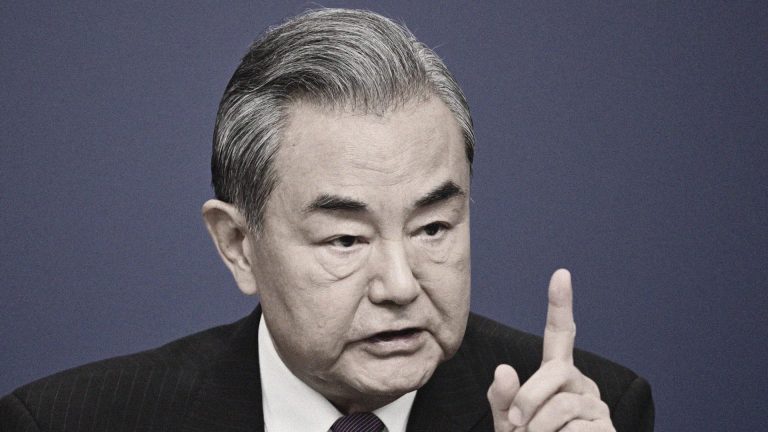The current escalation of tensions between Serbs and Albanians on the EU’s border in Kosovo does not exist in isolation. Likewise, a resolution to this conflict will almost certainly not create any kind of bridge across the ethnic fault lines that run through much of former Yugoslavia.
Kosovo is a majority Albanian country, but in the far north is a region with a Serb majority there is a Serb majority, and it is here where street violence has led to an escalation in the Nato presence. It has also raised the spectre of further conflict on Europe’s border.
The problem is ethnic. However, its deeper roots lie in the west’s record of creating states and imposing borders on populations, irrespective of the feelings or identities of inhabitants.
In this case, it was the formation of Yugoslavia in 1918, the genocidal war that marked its dissolution in the late nineties and Kosovo’s 2008 declaration of independence. This left thousands of ethnic Serbs marooned within an independent state, which remains unrecognised by what many living within its borders still regard as their capital in Belgrade, Serbia.
While the chances of the current dispute escalating into a replay of the armed violence that tore through the front pages of the late nineties are often overstated, the stakes for those concerned, just as the memory of the last war, are painfully personal.
Mirco Keilberth, a German journalist who covered the war for a variety of television channels. Prior to the eventual cessation of hostilities in 1999, Keilberth witnessed first hand the efforts of Serbian forces to ethnically cleanse the region of Albanians, barring them from hospitals or schools, while militias, such as Arkan, waged a genocidal war against much of the Albanian population.
“Serb army officers I met were disgusted by the paramilitary forces,” Keilberth told me. “These guys were criminals, many Russians too, they killed everybody, also two friends and colleagues were killed, (by Serbian forces) while retreating.”
Any conflict that cuts so deeply will inevitably leave scars. In northern Kosovo, especially, these remain visible in the settlement that struggles to hold between the capitals of Belgrade and Pristina.
This latest crisis involves the election of Albanian mayors in a vote boycotted by the region’s Serbs. In a move some would label cynical, the government in Pristina waited for the Serb municipal workers to leave northern Kosovo to join protests in neighbouring Serbia, before installing the mayors in their offices, a move condemned by both the US and the EU, which both states have applied to join.
Before the latest escalation was the conflict over the registration of cars, when a last minute intervention by the EU finally convinced Belgrade to stop issuing number plates with Kosovo city registrations.
For the EU, which is considering the accession bids of both states, while also participating in another war at one remove against Serbia’s ally Russia, the challenge is formidable. “If the EU and Nato can’t ensure peace in Kosovo, it really does raise questions over their legitimacy elsewhere,” Professor Florian Bieber of the University of Graz, Austria and coordinator of the Balkans in Europe Policy Advisory Group (BiEPAG) told me via by WhatsApp.
Both countries see EU membership as a significant economic and political opportunity. Failure to ensure peace would have dire financial and diplomatic consequences for both – and for the bloc.
However, while the presence of Nato forces on the ground provided some safeguard against a return to war, for both states, as well as Russia, there are advantages to be gained from the brinkmanship.
“Incidents such as this draw international attention to the region, as well as allowing both states to enter crisis mode and seek support,” Professor Bieber said. “Belgrade, especially, is acting as both firefighter and pyromaniac in this, seizing on issues it can exaggerate and work to its own advantage.”
Tensions between EU member states are hardly new. However, ethnic tensions between states with a recent history of war must be handled with extreme caution.









